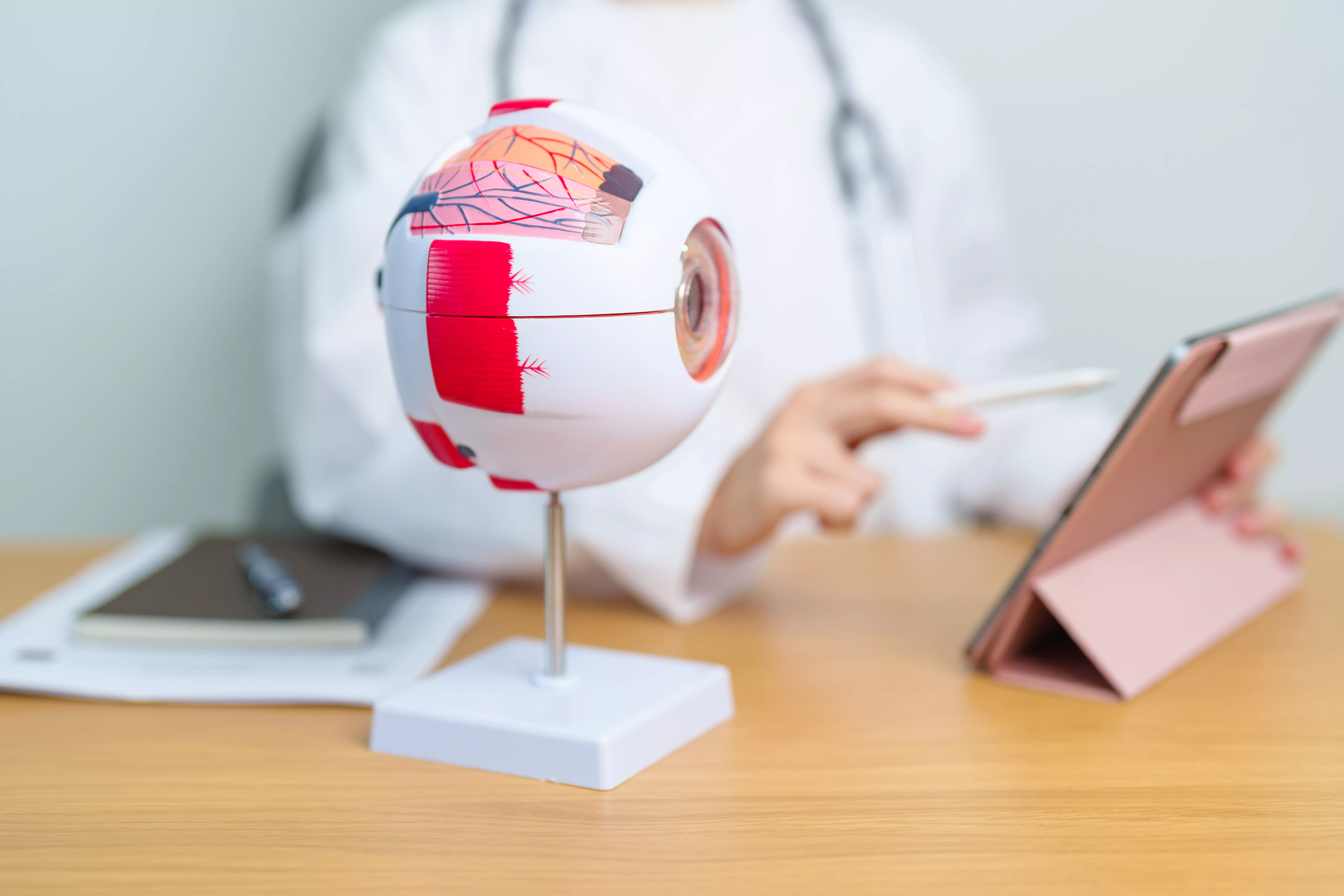Gene therapy as hope for retinopathy patients
Why gene therapy is hope for retinopathy patients
Retinopathy is a serious eye condition that can lead to vision loss. It primarily affects the elderly, but younger people can also be at risk, especially when diseases such as diabetes are present. Gene therapy currently appears to be the most promising treatment for retinopathy. In this article, you'll learn why gene therapy offers hope for patients with the condition.
What is retinopathy?
Retinopathy is a condition in which damage occurs to the retina. The most common causes of retinopathy are diabetes and aging. In diabetes, high blood sugar levels can damage blood vessels in the retina. This results in the formation of new, abnormal blood vessels that are weak and easily rupture. This in turn leads to bleeding inside the eyeball and damage to the retina. Aging, on the other hand, is associated with the natural deterioration of blood vessels, which leads to retinal hypoxia.
Retinopathy can lead to gradual deterioration of vision, and in some cases even complete loss of vision. It is a serious condition that negatively affects the quality of life of patients.
Current methods of treating retinopathy
Currently, the most common methods of treating retinopathy are laser therapy and pharmacotherapy. Laser therapy involves the use of a laser light beam to destroy abnormal blood vessels in the retina. It is an effective but painful procedure that can lead to unpleasant side effects. Moreover, it does not treat the cause of retinopathy, but only minimizes its symptoms.
Pharmacotherapy, on the other hand, involves the administration of drugs to stop the formation of new blood vessels and improve retinal blood flow. This method is more effective than laser therapy, but requires regular visits to the doctor and regular medication, which is inconvenient for patients.
Hope in gene therapy
Gene therapy is an innovative treatment method that harnesses the capabilities of our genome. It involves inserting the right genes into the patient's body to repair the genetic defects responsible for the development of retinopathy. With gene therapy, it is possible to achieve a lasting improvement in the condition of the retina and stop the progression of the disease.
The process of gene therapy can take place in several ways. One of the most common is the introduction of modified genes by means of a virus. Viruses are modified so that they do not cause any harmful side effects, while delivering the modified genes to the right place in the body. Another method is to directly deliver the modified genes into the patient's body by injection.
Scientists are currently conducting a lot of research on gene therapy in the context of retinopathy. The results of these studies are promising and point to the possibility of using gene therapy as an effective treatment for retinopathy. However, gene therapy is still in the experimental stage and requires further research and testing.
Summary
Retinopathy is a serious eye condition that leads to vision loss. Currently available treatments, such as laser therapy and pharmacotherapy, only help minimize the symptoms of retinopathy. Gene therapy currently appears to be the most promising treatment for retinopathy. It offers hope for patients with the condition by repairing the genetic defects responsible for the development of retinopathy. Although gene therapy is still in the experimental stage, the results of the current study suggest that it could be an effective treatment for retinopathy in the future.